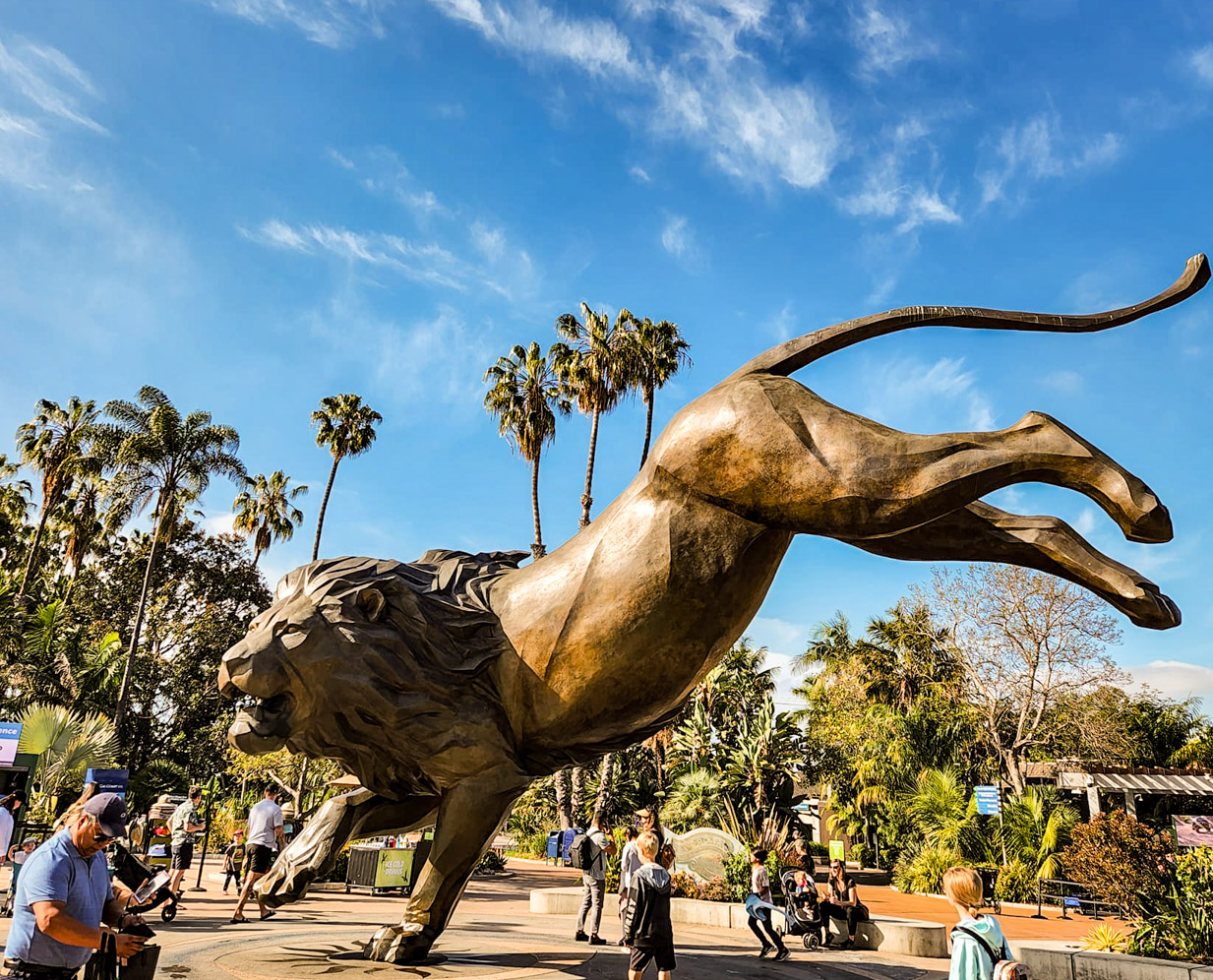

 ©Jason Hall
©Jason Hall
Chapter 37:24-28 (ESV) - My servant David shall be king over them, and they shall all have one shepherd. They shall walk in my rules and be careful to obey my statutes. They shall dwell in the land that I gave to my servant Jacob, where your fathers lived. They and their children and their children's children shall dwell there forever, and David my servant shall be their prince forever. I will make a covenant of peace with them. It shall be an everlasting covenant with them. And I will set them in their land and multiply them, and will set my sanctuary in their midst forevermore. My dwelling place shall be with them, and I will be their God, and they shall be my people. Then the nations will know that I am the Lord who sanctifies Israel, when my sanctuary is in their midst forevermore.”
Question to consider: Why is it significant that this servant David shall be the one shepherd of Israel?
The gospel accounts from Matthew and Luke used genealogies to prove that the legal and ancestral lines of Jesus went through Abraham and King David. In doing so, they established that Jesus was the fulfillment of two specific promises of God. The first was to Abraham that he would be the father of many nations and that all nations would be blessed through him. The second was that Jesus would be the fulfillment of today’s promise to Ezekiel.
One could take the promise that David shall be their prince (ruler) forever as meaning there would always be a descendant of David to rule from an earthly throne in Jerusalem. If we take it in that sense, the succession of kings ended with the Herods. Considering that the final Herod died while Luke was still writing the book of Acts, I would think he would have had to reject Ezekiel as a prophet of God, or that he would have had to provide some other explanation of this promise in his well ordered account to Theophilus which was intended to provide certainty of the things he had been taught about Jesus.
So how did Luke handle it? He opened his second book, the Acts of the Apostles, with an account of Jesus’ ascension to the throne of God. The disciples were a witness of it, the promised Holy Spirit came a few days later, and the church was born. If Theophilus was still skeptical of Christ’s reign, Luke described Stephen’s vision of King Jesus witnessing his execution and the miracles performed by Peter in His name. Even the greatest enemy of the church, Saul of Tarsus, had an encounter with King Jesus on the road to Damascus and came to faith as a result.
Those who say this promise to Ezekiel will be fulfilled in a future Millennial kingdom by the original king David would also have to account for the fact that there has been a two thousand year gap in the Davidic line of kings and that this scripture says, "David my servant shall be their prince forever," and not for only a thousand years. One of the key points of the pre-millennial view is that the millennial reign is a literal one thousand years.
In this promise to Ezekiel, the Lord provided two remarkable statements about His servant, David. The first is that this servant would be the “one shepherd” of Israel. The Lord had already said this of Himself in a previous word to Ezekiel, “I myself will be the shepherd of my sheep, and I myself will make them lie down, declares the Lord God. I will seek the lost, and I will bring back the strayed, and I will bind up the injured, and I will strengthen the weak, and the fat and the strong I will destroy. I will feed them in justice.” (Ezekiel 34:15-16) This would seem to say that the servant-king, David, is none other than the Lord Himself.
The second statement is that God would establish an everlasting covenant of peace with Israel through this eternally reigning servant. He would be their God, and they would be His people, and that His sanctuary would be in their midst forever. The entirety of the New Testament points to Jesus as this servant of David who established this covenant in His own blood.
Dear heavenly Father, thank You that Your word is faithful and true. Help us to see its fulfillment in Jesus so that we may put our faith and trust in Him to atone for our sins and clothe us in His righteousness. Amen.